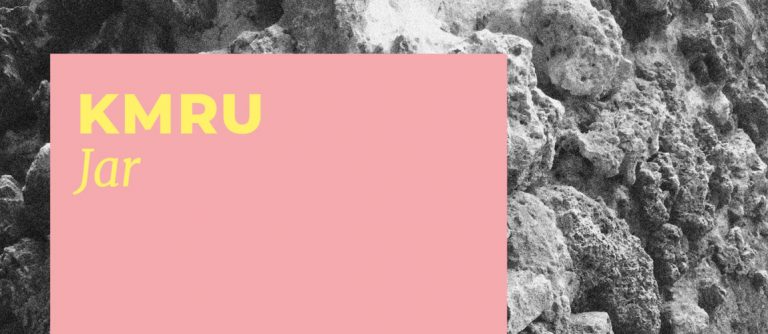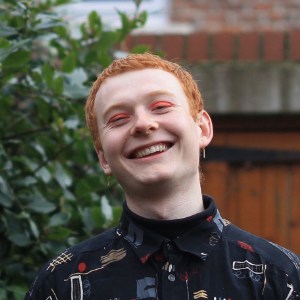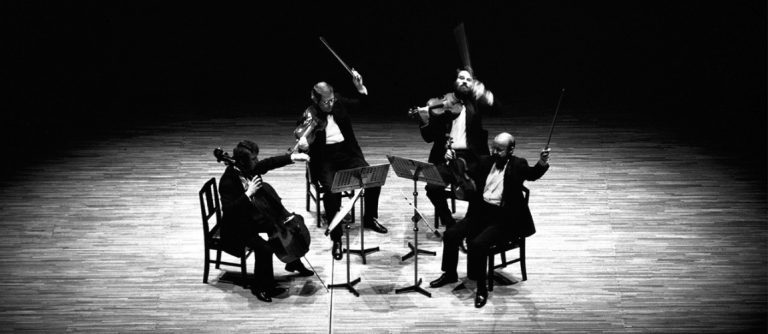
Hayley Suviste
Given the instability of this year, I’ve increasingly found myself being drawn to music that feels grounding. I can get
Cambridge 1969 by Yoko Ono
Yoko Ono was, is, and will always remain a huge inspiration in my creative practice. Her work interrogates and transgresses. It navigates and obliterates the messy boundaries between experimental and popular musics, performance, fine art, and poetry through feminist and diasporic lenses. This performance is a prime example of her work which pushes notions of ‘body’ & ‘sound’ to their absolute limits. The fact that I only became aware of the existence of this performance in the the final year of my undergrad, a performance by such a significant figure in experimental music which took place five minutes away from my lecture hall, was a really enlightening moment in the process of decolonising my relationship with music and pedagogy. It forces you to interrogate the lenses through which we remember, preserve and often neglect through the musical histories we tell ourselves.
Ono’s performance is formidable. It’s a distillation of ideas which preoccupy my own fascination with music and performance: temporality, teleology, voice/body duality and noise. Listen to the persistence of force and overwhelming repetition present in her vocalisations, the interplay with the droning guitar feedback. In line with much of her work, the performance challenges colonial notions of ‘the voice’ and ‘beauty’. You can feel the residual influence of her text pieces in Grapefruit and performance works like Cut Piece; the creative exchange happening at the time with artists such as La Monte Young and Nam June Paik. It’s gutting that the perception of Ono in wider culture continues to be so clouded by layers of racism and misogyny.
Share this article

Ruari Paterson-Achenbach is a composer, artist, curator, performer and researcher from South-East London. Ruari is currently a ‘New Creative’ for the Institute of Contemporary Arts, London, NTS Radio and BBC. They have worked with a variety of ensembles, visual artists and writers, including the Juice Vocal Ensemble, Birmingham Contemporary Music Group, The Hermes Experiment, Naomi Woo, and No Dice Collective. Ruari’s creative work is inherently linked to their practice as a researcher and activist, where their interests include anticolonial praxis, queer utopian discourse and sound studies. Ruari is 1/2 of creative collective the mermaid café with Joanna Ward.

Given the instability of this year, I’ve increasingly found myself being drawn to music that feels grounding. I can get

I joke about listening to Beethoven quartets rather than spending the money on an actual therapist. The punchline being, it
This website uses cookies (mmm) for basic website functionality, shopping cart features, and tracking anonymised data about your use. By using the site you agree to the use of cookies. Learn more →